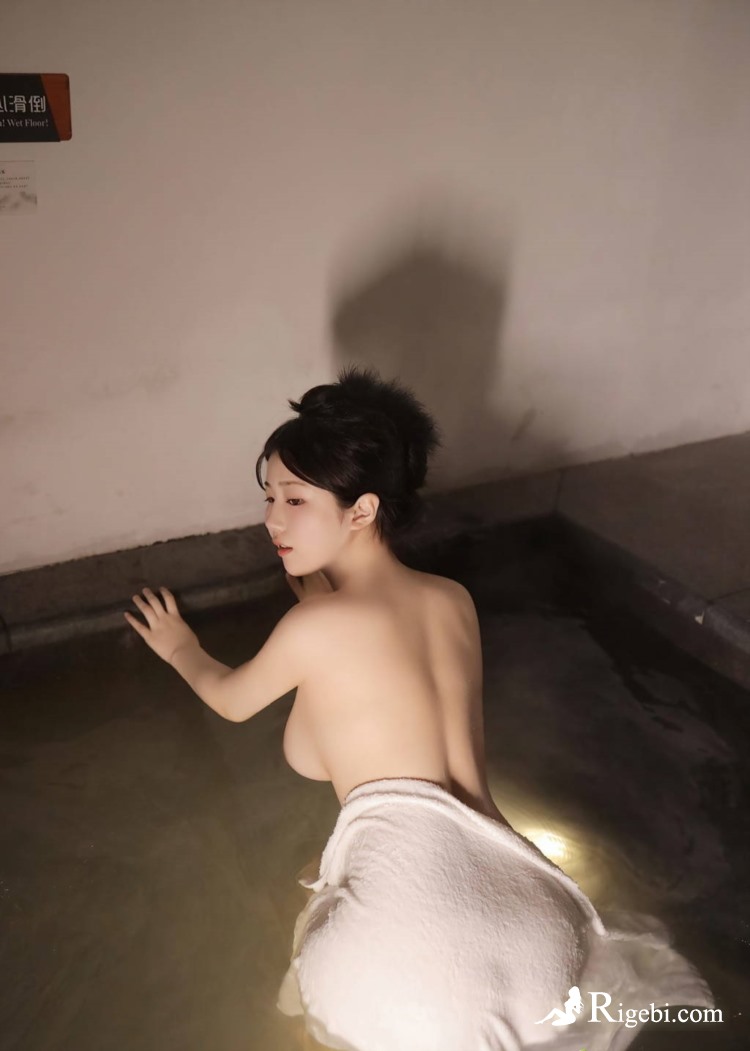茉莉"莫离":福州千年花茶文化的浪漫传承
茉莉"莫离":福州千年花茶文化的浪漫传承
Jasmine "Never Part": The Romantic Heritage of Fuzhou's Millennial Flower Tea Culture
茉莉花,在福州方言中谐音"莫离",象征着永不分离的爱情,被誉为中国的情人节之花。清晨沾着露珠的茉莉花散发着清新香气,这种洁白的小花早已融入福州人的血脉,成为这座千年古城的文化印记。
Jasmine flower, homophonic to "Never Part" in Fuzhou dialect, symbolizes inseparable love and is known as China's Valentine's Day flower. The morning dew-covered jasmine emits a fresh fragrance, and this small white flower has long been integrated into the bloodline of Fuzhou people, becoming a cultural symbol of this ancient city.
茉莉花的历史渊源
The Historical Origins of Jasmine
早在2000年前的西汉时期,茉莉花通过海上丝绸之路从古罗马传入福州。得益于福州独特的地理环境和宜人气候,茉莉在此落地生根。晋代植物学家嵇含在《南方草木状》中记载:"茉莉花,胡人自西国移植于南海。南人怜其芳香,竞植之。"
As early as the Western Han Dynasty 2000 years ago, jasmine was introduced to Fuzhou from ancient Rome via the Maritime Silk Road. Benefiting from Fuzhou's unique geographical environment and pleasant climate, jasmine took root here. Jin Dynasty botanist Ji Han recorded in "Southern Flora": "Jasmine was transplanted from Western countries by foreigners. Southerners cherished its fragrance and competed to plant it."
茉莉花茶的制作工艺
The Production Process of Jasmine Tea
福州茉莉花茶的制作讲究"茶为骨,花为魂"。其核心工艺"窨制"需经过数十道精细工序:三月采茶、七月寻花、九月成茶。茉莉夜间开花,因此窨制通常在深夜进行,让花香层层浸透茶骨,才能窨得"茉莉无上味"。
Fuzhou jasmine tea production emphasizes "tea as the bone, flower as the soul". Its core process "scenting" requires dozens of meticulous steps: picking tea in March, finding flowers in July, and completing tea in September. Jasmine blooms at night, so scenting is usually done late at night, allowing the floral fragrance to permeate the tea layer by layer, creating the "supreme taste of jasmine".
文化遗产保护与传承
Cultural Heritage Protection and Inheritance
2014年,福州茉莉花与茶文化系统被列入全球重要农业文化遗产。2022年,福州茉莉花茶窨制工艺成功入选联合国教科文组织人类非物质文化遗产代表作名录。如今,福州已培育28位茉莉花茶传统工艺传承大师,带动两万多茶农花农增收致富。
In 2014, Fuzhou's jasmine and tea culture system was included in the Globally Important Agricultural Heritage Systems. In 2022, Fuzhou jasmine tea scenting technique was successfully inscribed on UNESCO's Representative List of Intangible Cultural Heritage of Humanity. Today, Fuzhou has cultivated 28 masters of traditional jasmine tea techniques, helping over 20,000 tea and flower farmers increase their income.
茉莉花茶的现代发展
Modern Development of Jasmine Tea
福州正积极推进"产业+文化+旅游"融合发展模式,建设茉莉花茶文化馆、茉莉花田观光区等特色项目。位于三坊七巷的茉莉花茶文化馆生动还原古法制茶场景,让游客沉浸式体验这项千年技艺的魅力。
Fuzhou is actively promoting the integrated development model of "industry + culture + tourism", building characteristic projects such as jasmine tea cultural museums and jasmine field sightseeing areas. The Jasmine Tea Cultural Museum in Three Lanes and Seven Alleys vividly recreates ancient tea-making scenes, allowing visitors to immersively experience the charm of this millennial craft.
茉莉花茶,这杯见证海上丝绸之路辉煌的东方饮品,正以崭新的姿态走向世界,让"中国春天的味道"香飘全球。
Jasmine tea, this oriental drink that witnessed the glory of the Maritime Silk Road, is now moving towards the world with a new attitude, letting the "taste of Chinese spring" fragrance float globally.
